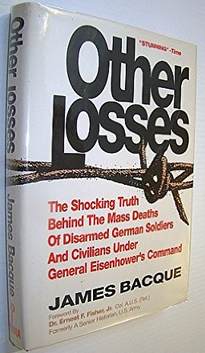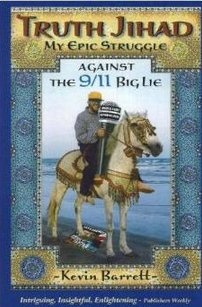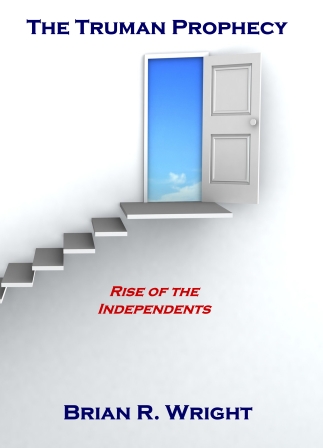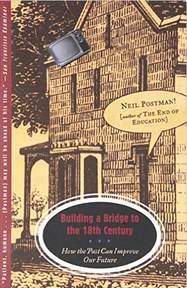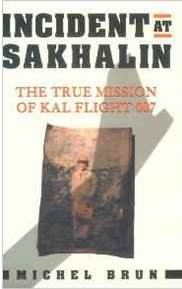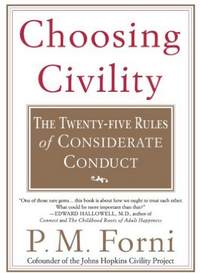Be a Buddha behind the wheel of your automobile
by K.T. Burger
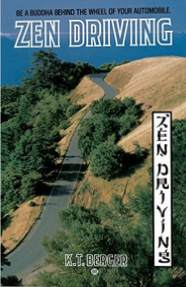 For many of us in America, sadly so I must admit, the act of driving a motor vehicle occupies our time almost as thoroughly as breathing. Eckhart Tolle, in his book The Power of Now, speaks of being content standing in line by becoming attuned to our inner bodies, to simply ‘Be’ in time without any other need. Tolle advocates to look at normal frustrations of being held up from immediate, reactive ‘goals’ as opportunities for spiritual connection. Perhaps in a subsequent edition Tolle will offer a similar cultivation practice for being held up in traffic.
For many of us in America, sadly so I must admit, the act of driving a motor vehicle occupies our time almost as thoroughly as breathing. Eckhart Tolle, in his book The Power of Now, speaks of being content standing in line by becoming attuned to our inner bodies, to simply ‘Be’ in time without any other need. Tolle advocates to look at normal frustrations of being held up from immediate, reactive ‘goals’ as opportunities for spiritual connection. Perhaps in a subsequent edition Tolle will offer a similar cultivation practice for being held up in traffic.
Interestingly, I have taken a part time job as a medical technician driver for a firm doing XRay swallow tests for patients at rehab centers. We drive all over the bottom half of the lower peninsula of Michigan with a Ford 350 van, with which I am still unfamiliar. Thus it’s timely that I have once again picked up Mr. Burger’s[1] book for a third read, now. (The first was in the mid 1990s, then again maybe three or four years ago.) In addition to the act of driving, my new coach job carries an MD and a speech pathologist as passengers. Becoming ‘Zen’ (at one in pure awareness) with it amounts to a new level of accomplishment for what K and T refer to as experiencing the natural self. Continue reading

